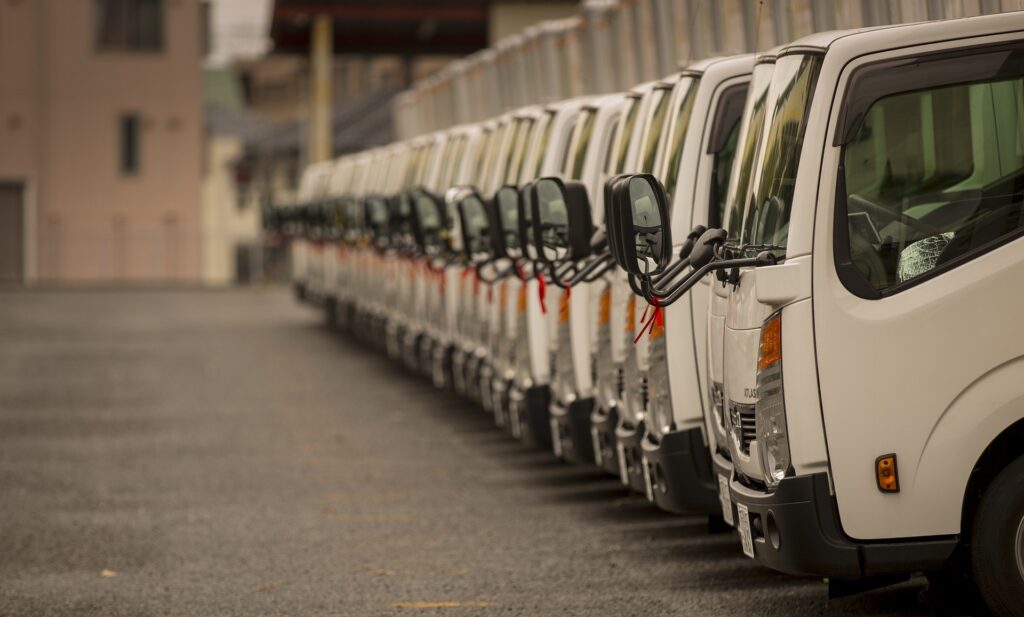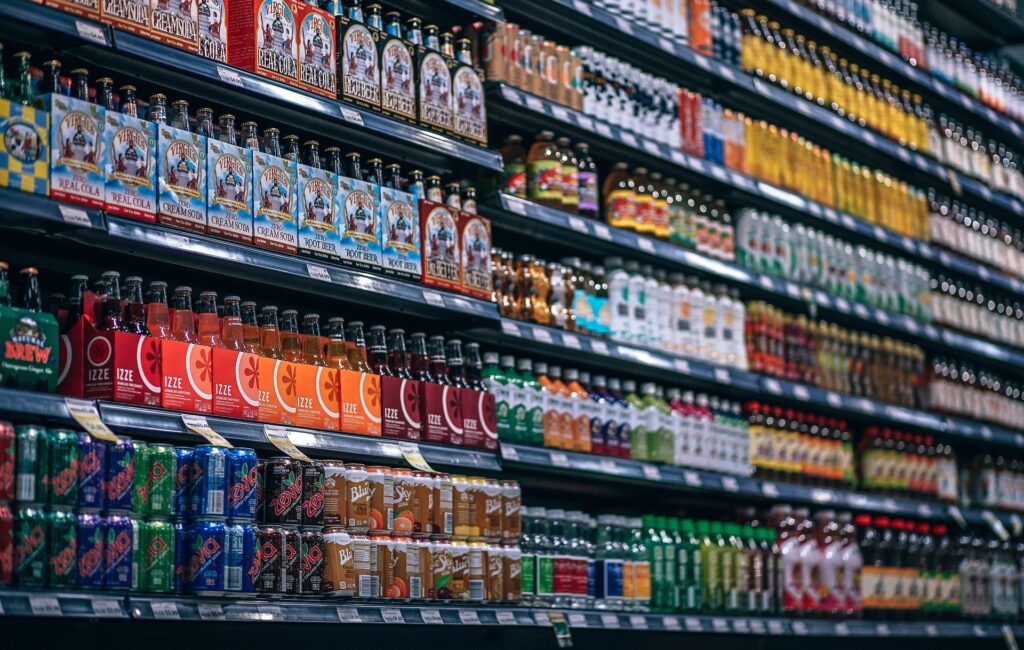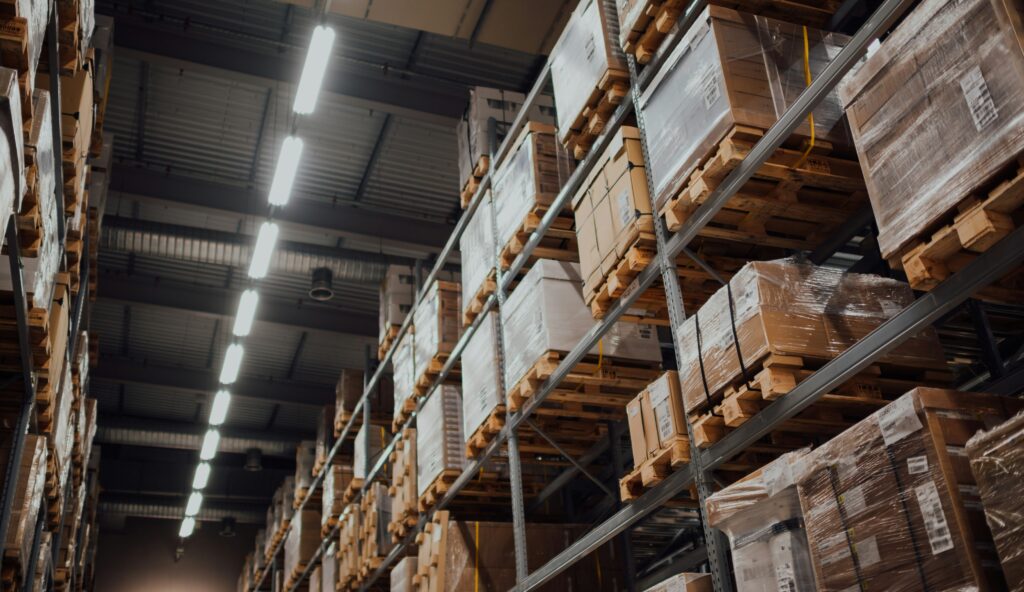If you’re thinking of starting a business that deals in goods, you’ll need to get familiar with the term wholesale, as you’ll be buying from wholesalers, selling to them, or you’ll become one. This guide has all the basics of the industry, and how to run a wholesale business, so you can make an informed decision on which route is best for the future of your business.
Contents
What is the Difference Between Wholesale and Retail?
Manufacturers make products, and retailers sell directly to the consumer. Wholesaling is the process in the middle, the act of selling things in bulk, at wholesale price, to people who will then sell them on to their own customers. Wholesalers may also be manufacturers, and they may also be retailers, but this is their function as wholesalers.
What Is Wholesale Price?
By selling in bulk, wholesalers can afford to have a lower profit margin on each item, and can sell at a lower price, known as wholesale price. This is important, because retailers need to make a profit somehow. They can then raise the price, and sell fewer units, but make more on each one. As a general rule, retail price is around double the wholesale price.
What Are the Types of Wholesalers?
While the essence of wholesaling is always the same, there are different types of wholesalers:
Manufacturers
Manufacturers make the products, but they can also be wholesalers. While many solely focus on production, some choose to sell products directly to retailers.

Merchant Wholesaler
Merchant wholesalers are what you might call normal wholesalers. They buy from the manufacturers, and sell to individual retailers. In between they are responsible for the product. They save on production costs, but they do assume the risk of inventory that gets damaged, or is no longer required.
Some are specialists, and don’t stray far from their field in order to maintain a high level of expertise. Others are more general, and sell a wide range of products to large markets.
Distributors
Distributors are now generally thought of as the same as wholesalers, but officially they are the link between manufacturers and wholesalers. They may not be necessary, as manufacturers will often go straight to the wholesaler. Distributors generally don’t store products, they just take them from factories to warehouses. It’s common to see a distributor assigned to a particular manufacturer or region.
You may hear both distributors and wholesalers referred to as ‘suppliers’, the general term for anyone who supplies other businesses.

Brokers and Agents
Brokers, or agents, also act as middlemen, but they don’t buy the product. They simply set up deals between manufacturers and retailers. They are generally used when a manufacturer doesn’t have a sales department, and wants one less job to do, so it outsources it for commission.
How Does Wholesale Work?
Generally, if you buy from a wholesaler you buy the products up front. You are then responsible for storing and selling them, and assume any losses should either of those not work out.
Some wholesalers will offer to refund any unsold items after a certain time. This puts the wholesaler at a disadvantage when it comes to anything that expires, but encourages people to buy more.
You can also wholesale on commission, this means that the retailer assumes no responsibility for the goods, and is simply paid a commission on anything they sell. This is also known as selling on consignment.
What Are the Benefits of Wholesale?
Depending on the aims and capabilities of your business, you may or may not be better off going into wholesale. Read on for the advantages of selling wholesale, or switch articles for the advantages of buying wholesale.
More Widespread Sales
The most obvious benefit of selling wholesale is that you are not tied to one store or one website. You can sell to multiple retailers across the country, or even the world. This, in theory, will massively increase the total sales you make. You’ll also increase brand awareness as your product is distributed around a far larger market. In turn, this can boost your credibility, leading to further sales.
Streamlined Operations
Selling wholesale can be a much simpler process. In general you’ll be selling larger orders to fewer customers. Most of your orders will be repeat orders, and you’ll build up long-term relationships, which can be easier to manage than constant new ones. You’ll also save money on overheads and marketing, for physical and online stores. When most of your business is based around repeat sales, you don’t need to put so much effort into finding new customers. As a wholesaler you are really only judged on your speed, reliability, and consistency.
Drop-Shipping
Drop-shipping is a method of online selling which allows wholesalers to partially enter the retail market, without fully committing. A third party will usually handle sales, but rather than ship products to retailers, the wholesaler will send them straight to consumers, increasing its market share. It adds an extra layer of complexity to your wholesale business, but not as much as retailing.

What Are the Challenges of Wholesale?
It’s not all plain sailing, there are also some potential problems when it comes to selling wholesale:
Thin Profit Margins
Wholesaling is based around selling large quantities, and making a small profit on each. This can leave you vulnerable to fluctuations in the market- if production or distribution costs go up a little, or retail value drops, entire product lines can become unviable.
Global Competition
If you can sell all over the world, then the whole world can sell to your customers. Wholesalers are always at risk of someone coming in with a better offer, especially as taxes and production costs can vary significantly between countries.
You may even face competition from your own manufacturers, who could decide to start selling direct at any moment.
Control of Your Brand
By passing your products on to retailers to sell, you give up control of how your brand is marketed and priced. So you can end up with an image you’d rather not have.
Licenses
This is true of most sales, but you do need a special license to sell wholesale.
How to Get a Wholesale License
Before you apply for a wholesale license, you need to take care of a few things:
- Register your Business in the state you operate in.
- Apply for an EIN. An employer identification number is necessary for tax purposes to hire workers. You can do this online in most states.
- Obtain a Sales Tax License. The rules differ from state to state, but generally you will need one for any state where you have a physical presence, or sell over a certain amount. Check the rules for the state, and you can get your license at the tax office of each.
Once you’ve taken care of all this, you’re ready to apply for your wholesale license (at the state tax office). Again, the process and waiting times are a little different in each state, but it’s not too complicated. You’ll have to pay a fee, which should range from $3,000 to $10,000, depending on the state, and the type of business.

Wholesale vs Retail vs Distribution
Decide the strengths and capabilities of your business, and how much you can take on, and hopefully you’ll make the right decision about which field to enter. You may want to enter all three, but that would be logistically demanding, and shouldn’t be attempted until you’re ready.
Wholesale
Selling wholesale tests how well you can build up long-term relationships with customers. You need to be able to acquire or manufacture greater amounts, have plenty of storage space, and the capacity to move things around swiftly and reliably. Inventory management is crucial- a remarkable amount of goods get lost and damaged, which really hurts your reputation along with your finances. Modern technology has helped a lot here.
Retail
Retail is more about being able to quickly form relationships with a wider group of people. Local knowledge becomes more important, especially when selling in a physical store. Marketing and publicity take on much greater emphasis as a retailer. If you’re selling online, the quality of your website is of the utmost importance.
Distribution
As mentioned before, distribution is really a more specialist version of wholesaling. If you’re starting up, and want to focus on a particular part of the process, a particular area, or a particular client, then being a distributor could be for you. The main role of a distributor is transporting goods, with speed and reliability being the key metrics by which you’ll be measured.
Wholesale Terms to Know
In addition to those already mentioned in this guide, there are a few other bits of jargon that it’s good to be aware of:
Price or Profit Margin
The difference between the wholesale and the retail price, so what the retailer makes on each sale. Is referred to as markup when calculated as a percentage.
MSRP or RRP
Manufacturer’s suggested retail price is exactly what it says, the amount the manufacturer believes should be charged for a product in the store, generally about double the wholesale price. It’s only a recommendation, and the retailer will decide whether to use it. RRP (recommended retail price) is the same, but can be set by any supplier.
MOV or MOQ
Minimum order quantity, and minimum order value, are used by wholesalers to set the lower limit for orders. Some will sell individual units, but most only sell larger orders, and these figures determine how few you can buy. Value is measured in currency, while quantity refers to the number of units.
Buybacks
Unsold products returned to the wholesaler or manufacturer for a refund. This practice and its conditions will be agreed upon by both parties in advance.
White or Private Label
These terms refer to products it has been agreed can be sold under the retailer’s name, rather than the manufacturers. Supermarkets often do not manufacture goods, meaning their own-brand products would fall under this category.

Lead or Turnaround time
The length of time from the start of a process to the end. In this context, lead time would be the time from placing an order, to receiving it.
A Big Investment, with Big Rewards
Starting a wholesale business is a daunting task, as everything happens on a larger scale than with most retail businesses. So it’s important to put in the research beforehand in order to get this massive decision right. Once you’ve done the setup though, and mastered how to run a wholesale business, the rewards can be massive, without you having to do a whole lot.
Whichever you decide, we wish you the best of luck on your journey.

Wordans is both wholesaler and retailer, so you can buy clothing and other products at wholesale prices, and you don’t need to order hundreds to do so. Check out our website to see what we have on offer, or our Instagram @wearewordans for extra inspiration.












